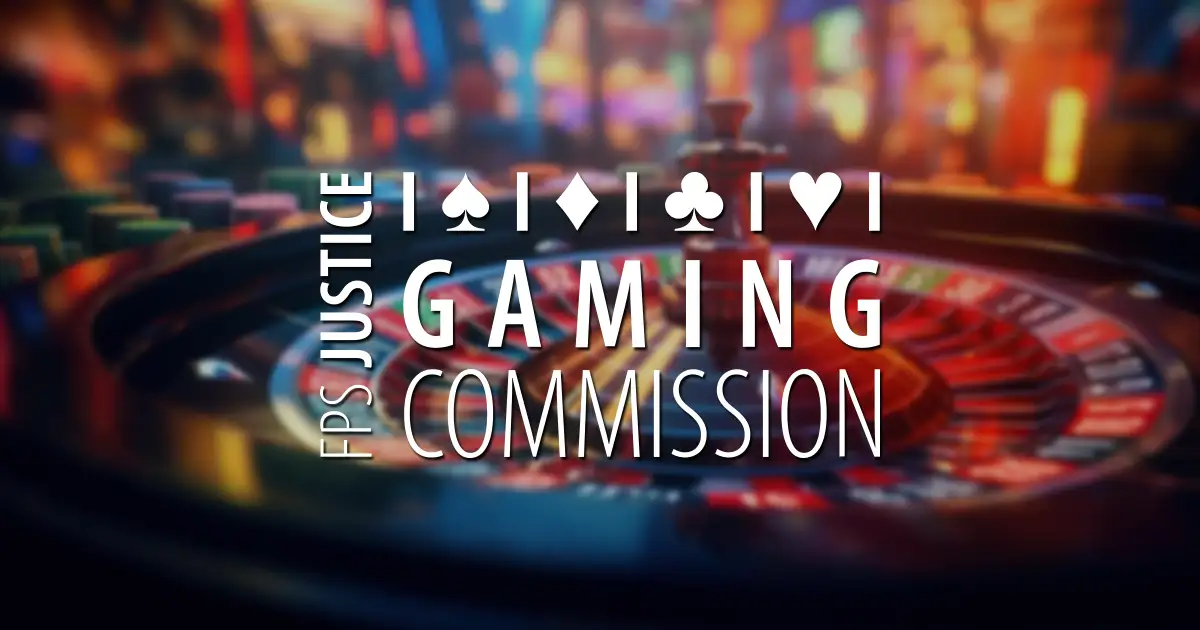Belgian legislation is strict, but is it effective?
Belgium has tightened its gambling legislation in 2023 and 2024, hoping to curb young people’s access to betting and gambling. An almost total ban on advertising and an increase in the minimum age to 21 are strong measures. But are they really having an impact? The 2025 survey reveals some initial effects… but also some limitations.
Since July 2023, advertising channels for games of chance have been restricted in Belgium. One year later, the ban was reinforced by a major change: the minimum legal age was raised from 18 to 21 for access to all forms of gambling and betting except national lottery games.
These measures, supported by the Gaming Commission, are aimed at responsibly channelling supply and protecting the most vulnerable members of the public, starting with young adults.
The first visible effect: participation by young people is falling
The signal is encouraging: participation by 18-20 year-olds is falling from 51% in 2023 to 39% in 2025. Although this figure should have fallen to 0% with total prohibition, this 12-point drop in two years is nevertheless an indication that raising the legal age is having a dissuasive effect.
The frequency of gambling is also decreasing: only 6% of 18-20 year olds gamble almost every day, compared with 10% of 18-30 year olds overall.
2 out of 5 banned gamblers continue to gamble
39%, this figure remains high. Despite the ban, almost 2 out of 5 young people still gamble, whether online or in physical establishments. A significant proportion of the population is escaping control: failure to verify identity, illegal foreign platforms or circumvention of the rules by friends and family.
Advertising banned, but influence intact
The ban on advertising on television, in the street and on social networks from July 2023 is intended to reduce the commercial pressure on young people. However, recommendations from friends (40%) and social networks (32%) remain the two most powerful levers of influence.
As a result, direct advertising has declined, but young people continue to be exposed to indirect promotion via influencers, forums and friends. What’s more, illegal casinos and bookmakers continue to advertise heavily on social networks.
Illegal sites are gaining ground
While the ban has weakened the appeal of official channels, it seems to have had an undesirable collateral effect: illegal gambling sites are on the rise. By 2025:
- 28% of young people will be playing on illegal sites,
- 8% will be playing only on illegal sites,
- 19% will be combining legal and illegal sites.
The decline in awareness of legal sites (-4% for Unibet, -10% for Casino777) may reflect a distancing of young people from gambling marketing. At the same time, however, awareness of illegal sites such as Bet365 and Stake is growing rapidly.
Among 18-20 year olds, 1 in 5 visits prohibited platforms. These sites are beyond the reach of regulators and do not respect any protection obligations.
So yes, the law seems to be bearing fruit, particularly in reducing access to gambling among 18-20 year-olds. But the persistent presence of 39% of players in a prohibited age group shows the limits of regulation alone.


